I am now in my first sober, healthy relationship. Before this, I had not been in a relationship in over ten years. Looking back, I truly believed I was going to be alone forever — never able to connect deeply with another human being.
I did not know at first that I was a sex and love addict, or that there were ways to heal. When I first came into the program — especially when I wasn’t sexually active — my life felt black and white.
When I was sexually active, however, life was suddenly in color. It was rich, vivid, and everything mattered. Just like the Big Book describes, I was like a dazed animal waiting to be prodded into life. Sex felt euphoric. It didn’t matter if the contact was brief or in a relationship — it was all about being validated by someone else, rather than learning to validate myself.
I had no sense of who I was. People would say, “Just be yourself” on a date, and I would think, “Which one?” because I only had different masks, different ways of acting to get what I wanted.
It took years in the program to develop an inside identity — a real sense of me. That is what I relate to now, not external validation. In time, I came to understand the terms “self-value,” “self-love,” “integrity,” and “virtue” — concepts that once seemed unreachable. I had to start with bottom lines, do the Steps in S.L.A.A., and commit to the work.
The value of going to meetings, sitting in rooms, and hearing people’s stories changed my perspective. I was forced to listen and see people as people. Before, I objectified everyone. In my mind, they were just cardboard cutouts. I judged them instantly — deciding who was worth my time, who was someone I might talk to, or who was “interesting” — all before anyone even spoke.
In meetings, that illusion fell apart. I related to people’s stories I never imagined I would. I softened; I began to feel compassion, especially toward men. For so long, I carried rage, anger, and fear toward men. I didn’t think men had real emotions. Listening in meetings showed me they were just as human as I was, fighting for connection and love in their lives.
The fellowship taught me that this collective support is where love grows, where God shows up — in shared experience.
Anorexia and Isolation
Anorexia has always been lurking for me. Early on, I attended an S.L.A.A. anorexia meeting. The group was reading from the Anorexia Pamphlet and I related painfully to so many of the characteristics.
At first, I thought: “I’m not catching this. This is contagious — I’m leaving.”
The truth was, I related deeply to the descriptions of sexual anorexia: the pushing people away, preferring to stay alone, and staying unavailable. I was also an extrovert — but I related to social anorexia as well. I could be at a party, surrounded by people, laughing and talking, and still feel desperately alone and separate.
This tied directly into my depression — a kind of hopeless despair that mirrored withdrawal. Thoughts like, “I’ll never date, I’ll never connect with anyone, and I never like anybody anyway.”
What helped me pull out of that spiral were top-line behaviors and recovery calls. Getting on the phone, staying busy, making outreach calls when I didn’t want to — and yes, even forcing myself to date.
Before recovery, I could barely walk down the street when I saw couples holding hands. My envy was unbearable, and I felt doomed to separation.
Relationship and Healing
Holding hands. Getting married. That always seemed like what “normal” people do — a world I thought I’d never know. But today I find myself in love.
How did this happen? It happened because I began practicing the opposite of my addiction and my anorexia. I learned to challenge my faulty thinking. Time and time again, I’ve had to pause, examine the thought, and say: “That’s not really true.”
I like who I am today, and I like the person that my partner is able to see in me.
Before, I would have thought: “I must have tricked them into liking me. If they love me, it’s because of my sexuality, a commodity I use to bargain.” That is no longer the case. Today, my relationship is grounded in friendship.
For so long, the idea of being partners and best friends terrified me. I thought that would mean I couldn’t be attracted to someone. But I’ve learned it’s not true. Now, love and friendship live together in my relationship.
Today, I feel blessed.
— JILL W.
(Issue #126)

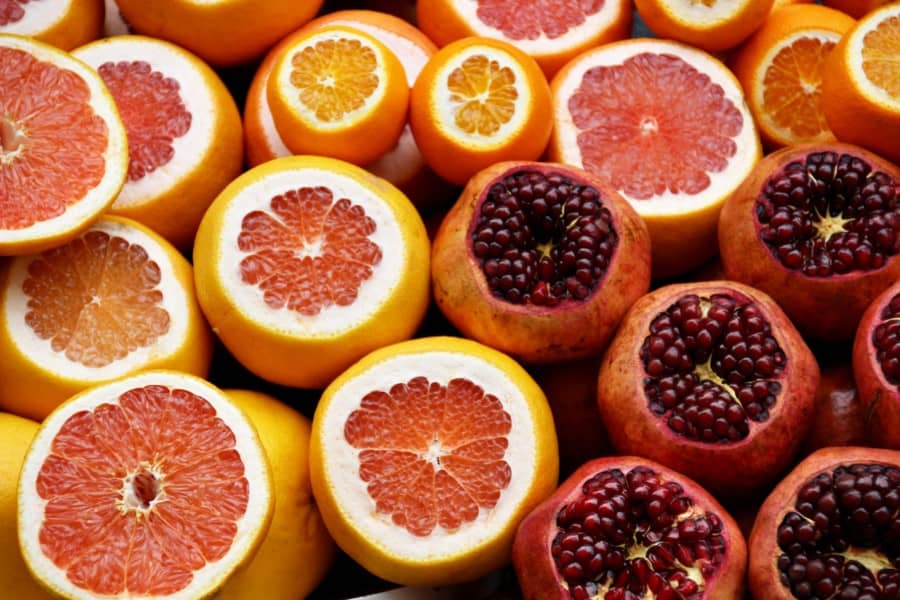

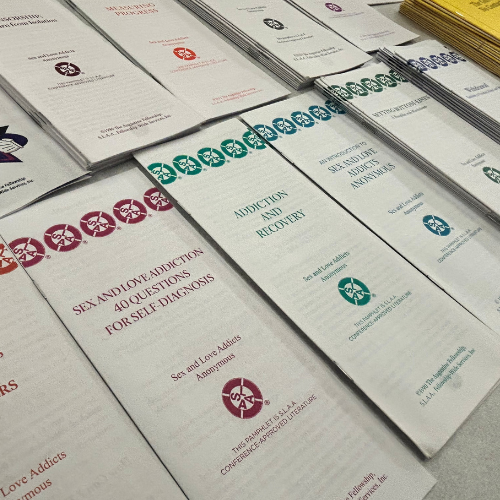
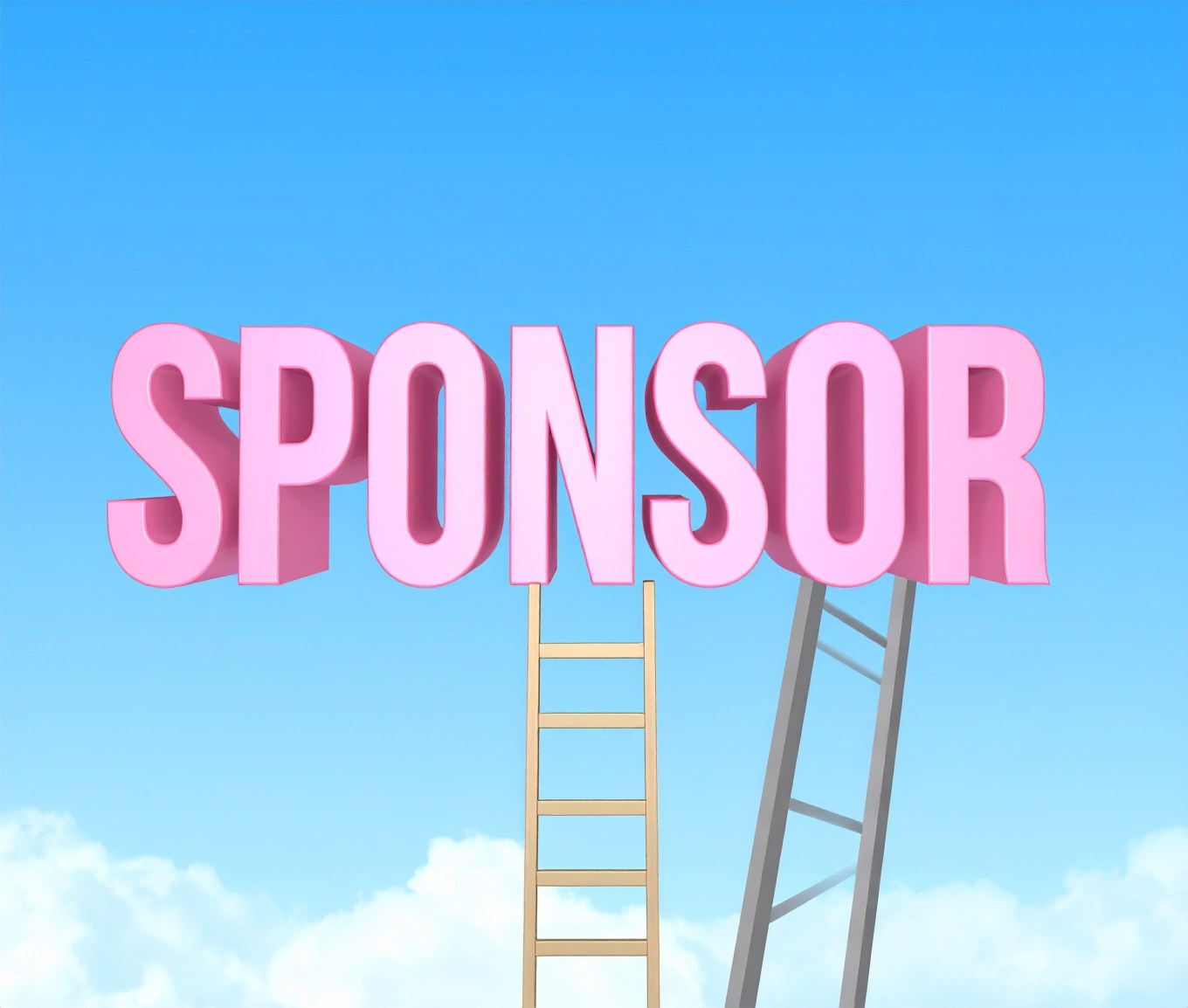
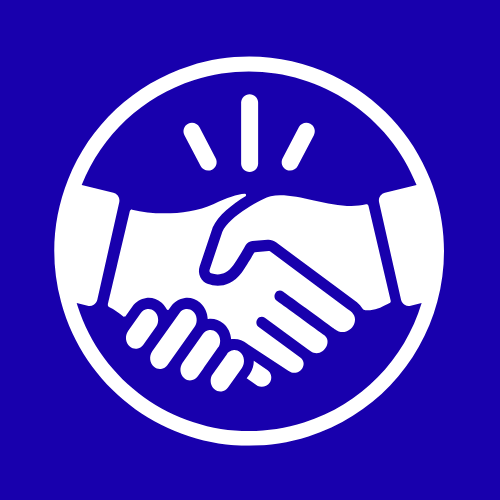

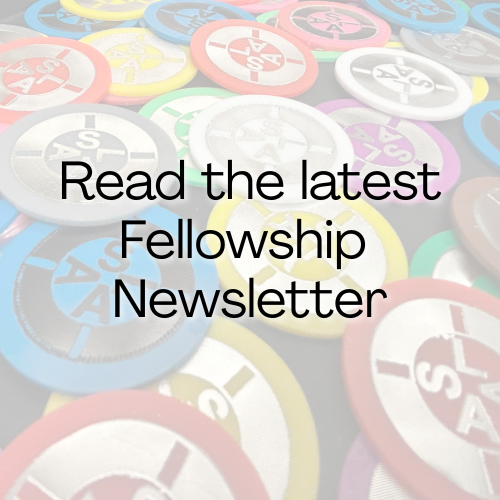
Leave a Reply